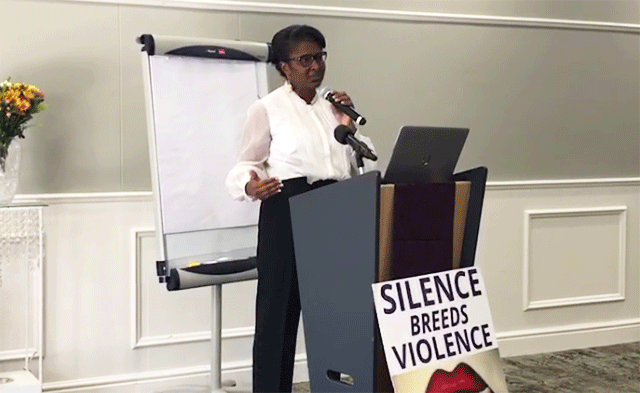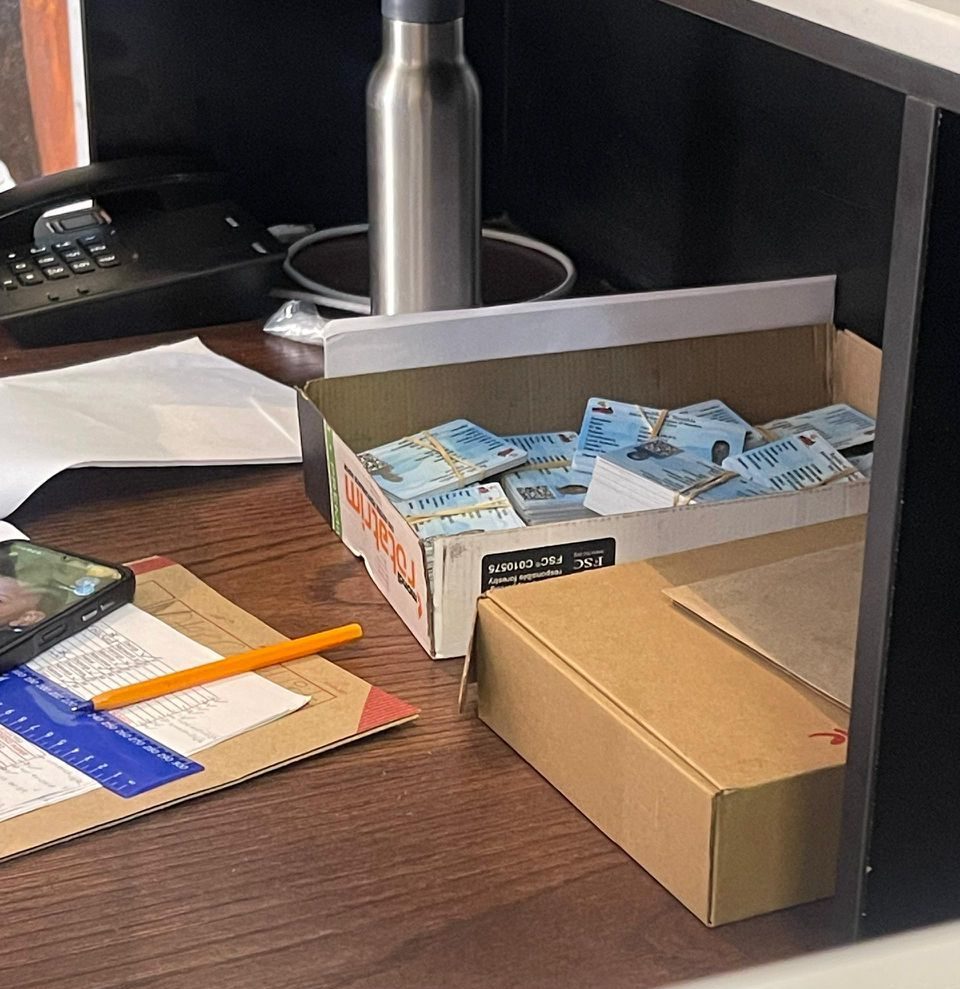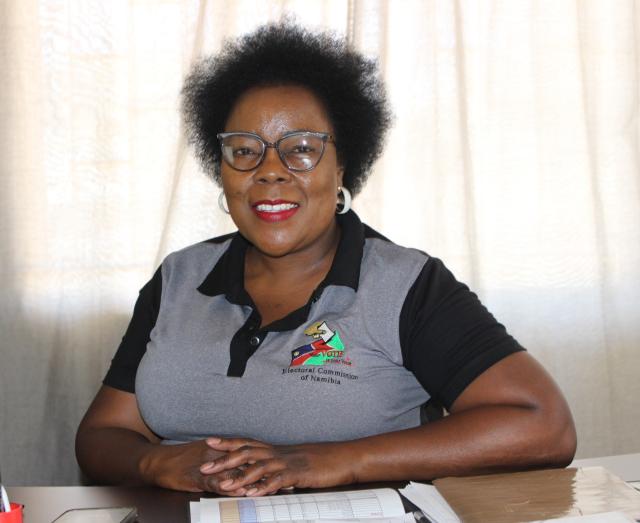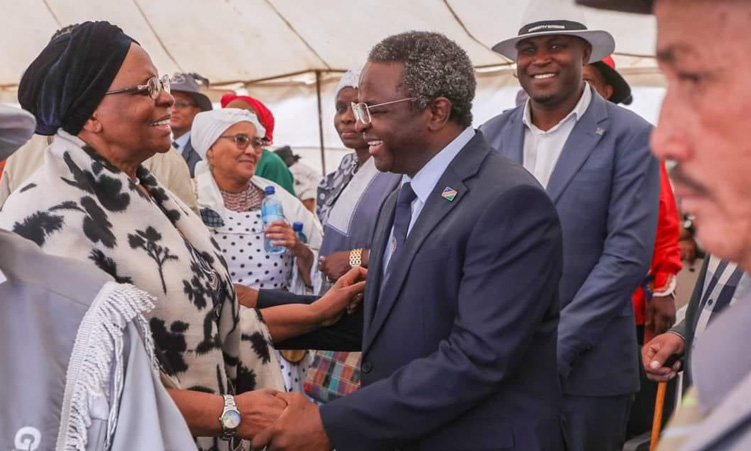FIRST LADY Monica Geingos on Friday said journalists should explore wider angles when reporting on gender-based violence.
Geingos made these remarks at a gender-based violence reporting workshop held in Windhoek aimed at improving how journalists report on such cases.
The event was organised by the office of the First Lady in collaboration with the ONE campaign, an international non-profit organisation that fights extreme poverty and preventable diseases, particularly in Africa.
Geingos said the media could widen the angle of an individual story while also addressing broader issues such as social, policy, legal and institutional legs which are specific to the case being reported on.
“When it comes to the single story, many cases of gender-based violence focus on assault and violence, and they focus on that individual story without necessarily bringing in the broader context of the push factors that create these problems,” she stated.
The first lady further cautioned reporters to avoid sensational reporting on gender-based violence.
“There are some perpetrators in the family and work context who will be named by the people they abuse, and the bigger the name, the more sensational it is. It is thus important for the media to resist the temptation for sensationalism in terms of this broader issue,” Geingos said. She added that there would be a time when people would speak openly on the violence they experience in the public, where those guilty of such incidents would be named and shamed.
“It’s important for us to think when this time comes so that we can address it with the sensitivity that it deserves,” she said.
The event was attended by representatives from different media houses, the public sector, civil society organisations, and local and regional experts.
Some of the speakers featured were businesswoman Twapewa Kadhikwa, who recounted her experience of gender-based violence which happened 20 years ago while studying at the University of Namibia. New Era Journalist Selma Ikela also gave her perspective on reporting on such cases.
Kadhikwa said her former boyfriend attempted to kill her by firing bullets in her hostel room where she was with two other friends.
He then committed suicide, and three diaries were found on him in which he wrote about her.
After the incident transpired, Kadhikwa said no one came to her to ask for her version, and only believed the rumours on campus.
Former teacher Rachimo Haradoeb said the media has a habit of portraying gender-based violence suspects as “monsters.”
Haradoeb was sentenced to 35 years in prison in 2006 after he murdered his teacher girlfriend by pouring petrol over her and setting her alight at Gibeon in 1998.
The inmate said he was not proud of what he did as he took away an innocent life who could have contributed to the economy of the country.
He said the media created a monster out of him and other inmates like him from the way they painted them.
“I refuse to accept the way you painted me. You painted a bad picture. I understand that the media needs to educate, inform and tell the story, but nobody went back to my family and asked how I was raised,” he stated.
Haradoeb apologised for the crime he committed, and pleaded for the public to give him a second chance. GBV statistics presented during the event indicated that from January to the end of February 2019, a total of 602 cases were reported to the Windhoek City Police. The cases varied from economic, sexual, and child abuse, which often led to murder.
Emotional and physical abuse had the highest tallies at 208 and 206, respectively.
The victims were 457 female and 145 male, while the offenders were 115 female and 484 male.
Stay informed with The Namibian – your source for credible journalism. Get in-depth reporting and opinions for
only N$85 a month. Invest in journalism, invest in democracy –
Subscribe Now!






